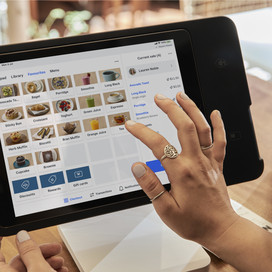Table of contents
When you’re a coffee roaster and supplier, it’s hard to stand out from the rest. This is the challenge James and Isaac from Margaret River Roasting Co are facing, especially with the race to the bottom on the price of roasted beans.
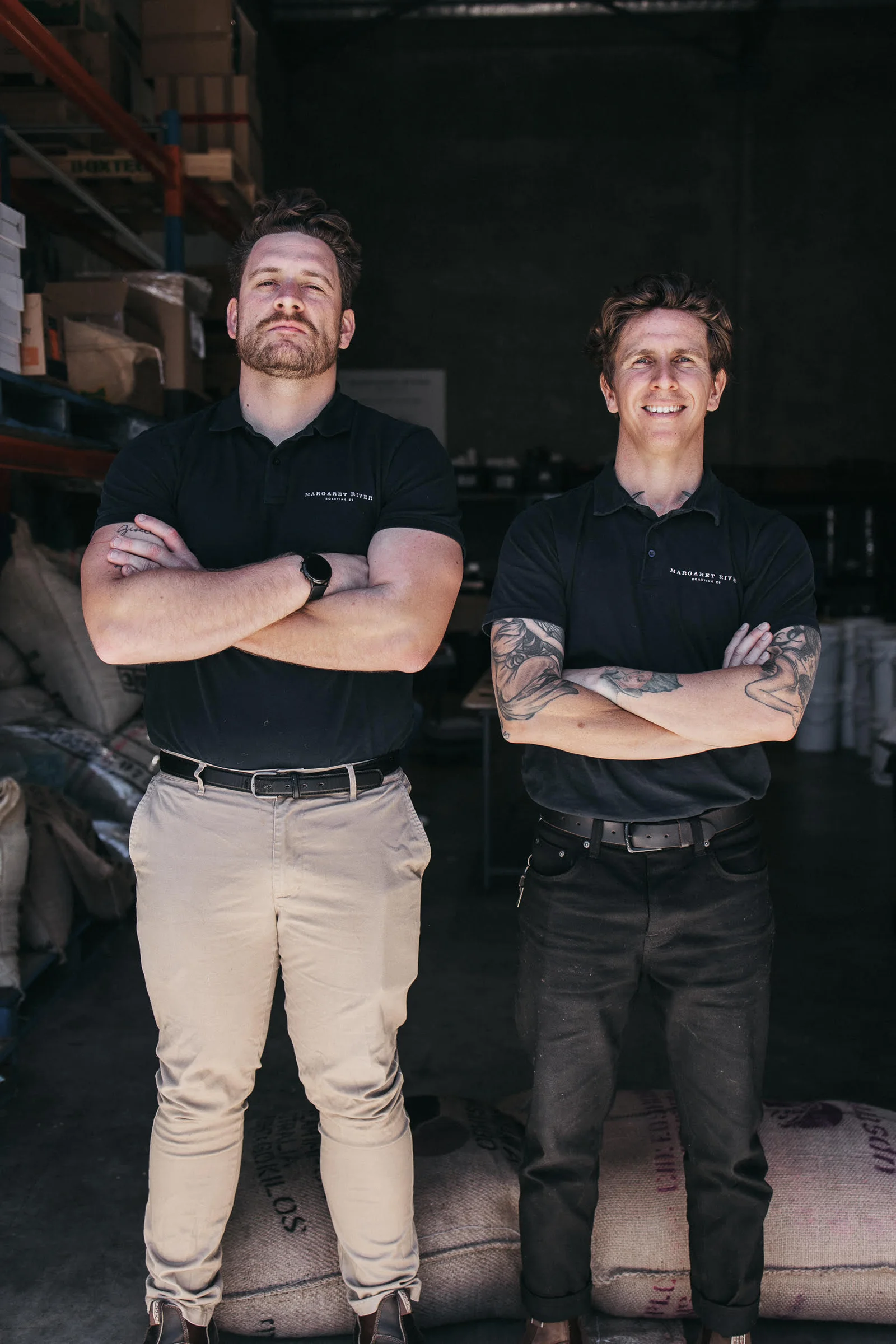
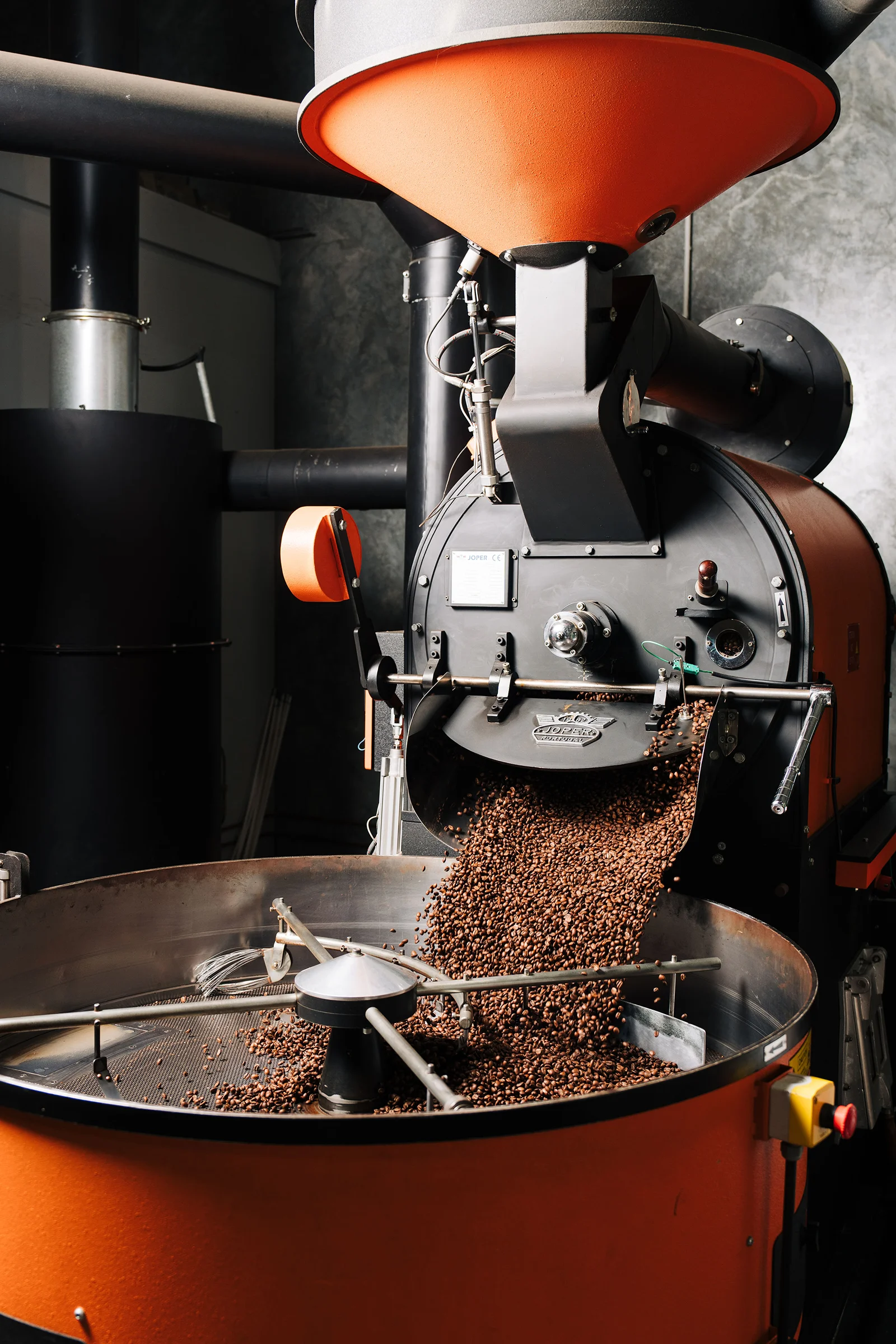
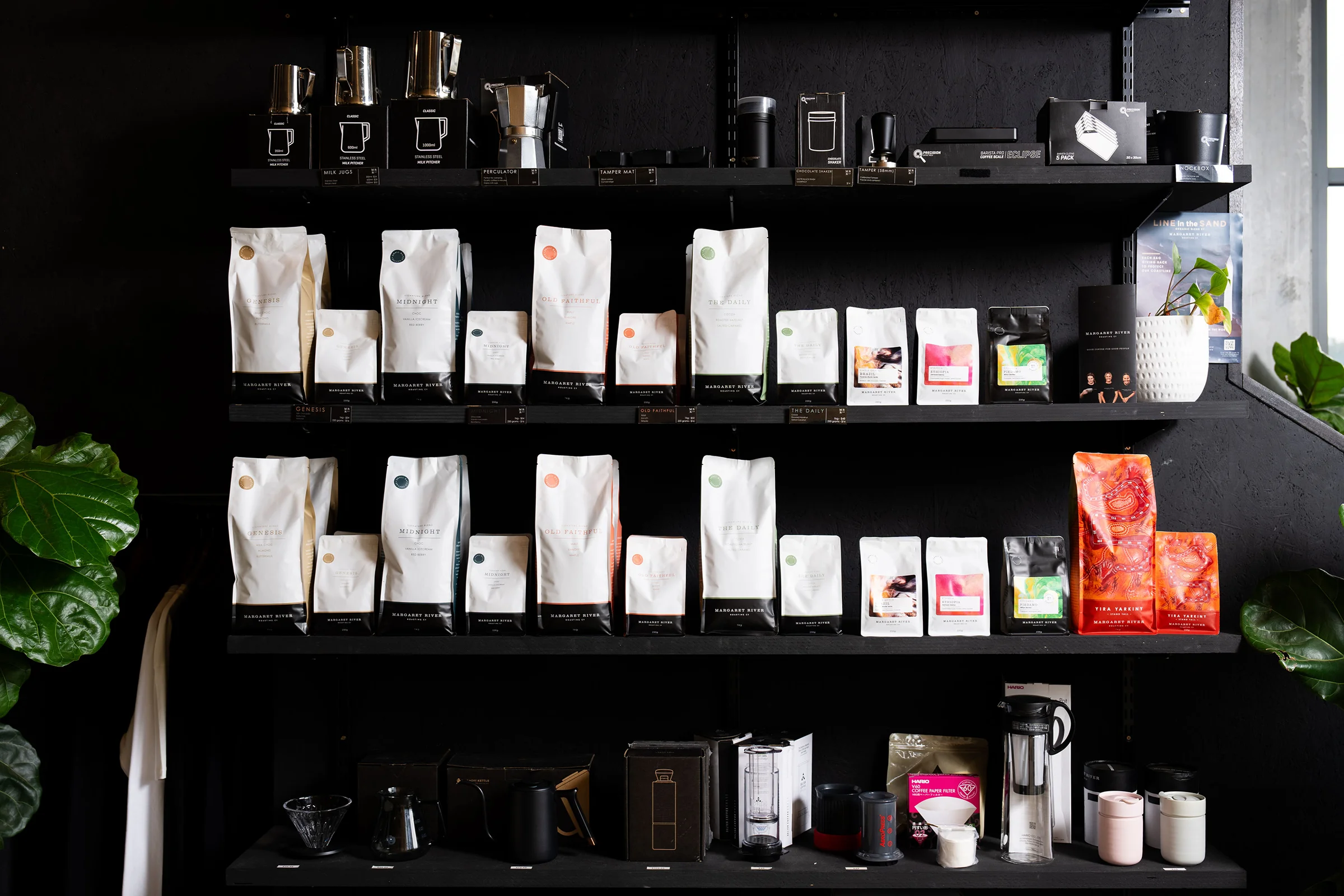
You’d think the same is true in the gelato world, but the guys as Gelato Messina have created a strong brand, product and customer experience that has seen them grow internationally and also into 800 Woolworths nationwide. But they have also faced a lot of the challenges James and Isaac are facing in terms of product integrity and expansion. We bring them all together in this episode.
Subscribe to Coolroom Confessional
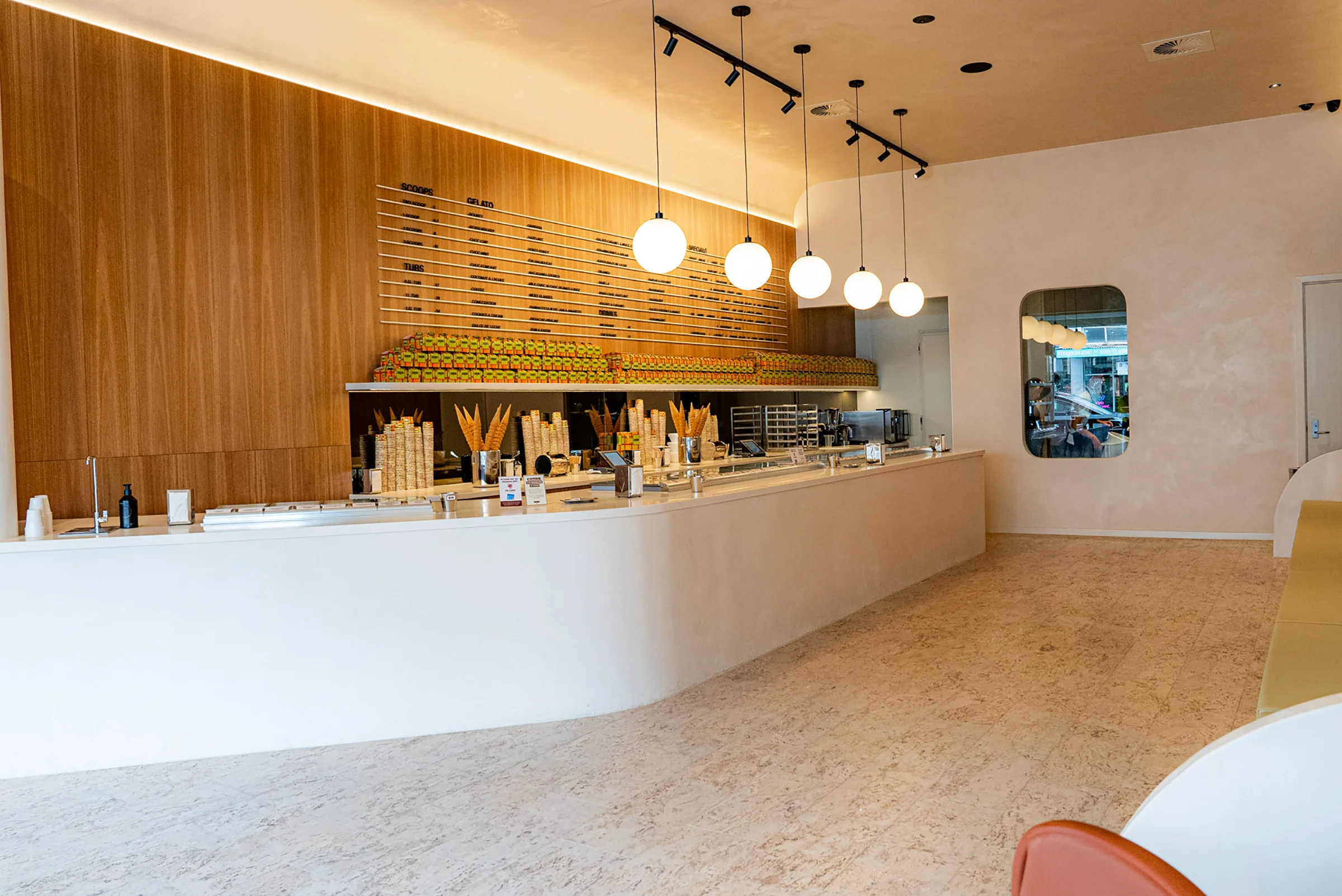
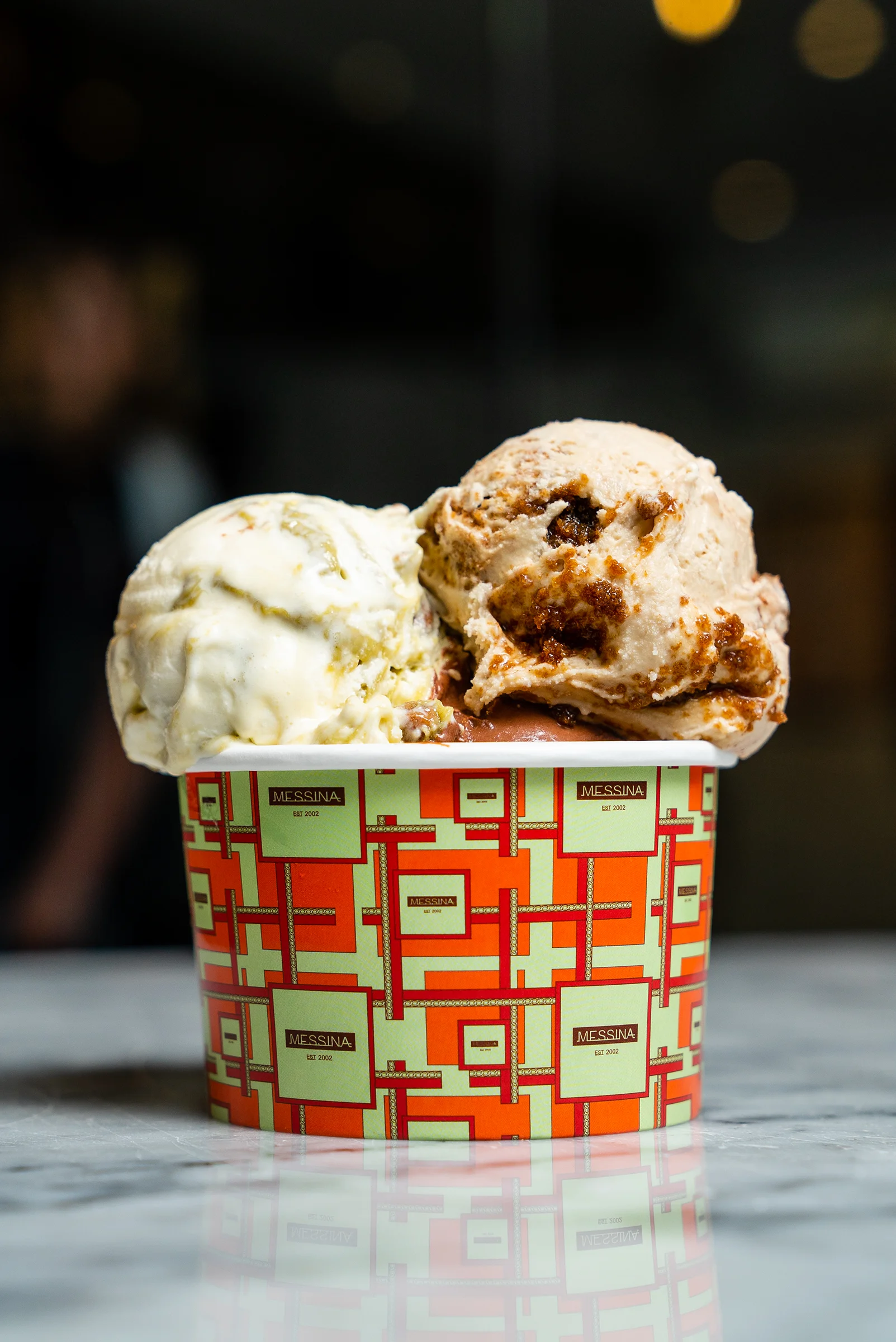
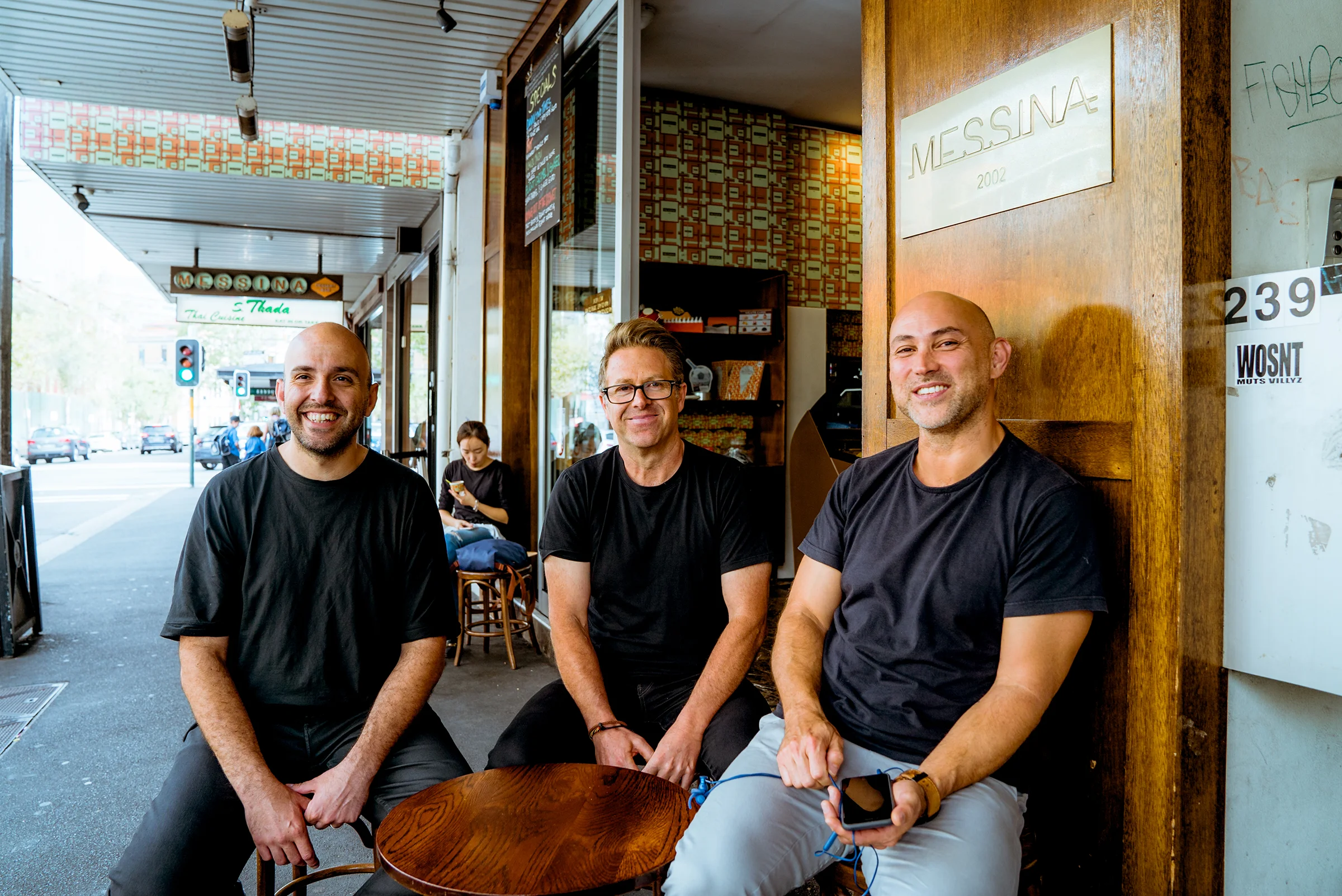
Episode Transcript
Melissa Leong:
We are proudly supported by American Express. Did you know that Square sellers automatically accept American Express for the same low rate as all other cards? Let American Express card members know that you support their payment method of choice with Square. Get your complimentary signage and supplies at amexpop.com/square to help you attract more customers.
Intro:
Yeah, I remember talking to the team that night. I cried. I cried in front of them.
What I would not do, and write this down, put in highlight, “Don’t do it.”
We made so many mistakes that we were always going to make.
Don’t let Lorenzo measure the store.
The idea that we increase our prices and then obviously all I think about is no one will come to Opus anymore.
A lot of them were terrified that the business would fail within six months. They said that in those words, they were like, “You will not survive six months.”
Melissa Leong:
This is Coolroom Confessional, a podcast by Square. In this series, we’re offering hospo business owners a place to confess their problems. With some expert help, we’re going to try and solve them. I’m Melissa Leong. I’ve been a writer, culinary critic and TV judge. The guys are staring down the barrel of some potential hurdles that could make them stumble on the way to expansion. Let’s see if we can help them.
They know your name. They’ve got your order, they deliver the shot in the arm that gets you through the day, espresso. As Aussies, we have a love affair with coffee and where the best barista goes, we will follow. James Tischhauser used to order his coffee from Isaac Kara, and sure enough, when his barista went to the US, James followed sort of.
Isaac Kara:
He’s one of those people that just has 1,000 ideas all at once and just fires them into the ether. And one of the ideas, amongst many that he pitched to me, was the roastery. Got the call from James like, “Hey, we’re doing it. We’re finally doing the roastery idea, but we need you.”
Melissa Leong:
This is Margaret River Roasting Company, and years after that call, more than 130 businesses buy beans from the guys in WA and they’re making moves interstate.
James Tischhauser:
Wholesale. We have online retail.
Melissa Leong:
Selling by the kilo and now the cup.
James Tischhauser:
We had a lot of people knocking on the door going, “Hey, can we have a taste?” And we’re like, “Get out. We’re trying to roast.” And so we realized we needed that connection with the community.
Melissa Leong:
Margaret River sits two and a half hours south of Perth, which is the most isolated capital city in the world. So building a team is tough.
Isaac Kara:
We’re a cafe that has four different blend options available, eight different single origins at any time. You have to basically be the best in the region.
Melissa Leong:
And building a brand is even tougher, but these guys have big plans to bring eyeballs to their roastery in Australia’s South West with a YouTube reality series about their business and the people in it.
Isaac Kara:
Hey guys, Isaac here. What am I saying again?
James Tischhauser:
Just a facial expression of ruining everything. Received one of these. Tap, tap, too much noise. Hey guys, today’s special received. Hey guys. Hey guys, today… Hey guys. We’ve been talking about this for years and we just couldn’t justify the cost like, “Oh, we need a warehouse manager. We don’t need a videographer following us around.” But Keeping Up With the Kardashians, I now know their family. I’m intertwined. Now I wear what Kylie wears. We would open the doors, we’d be very vulnerable. We would probably expose a lot more than we would want to.
Melissa Leong:
Just in case running a business isn’t enough of a challenge.
Isaac Kara:
It’s going to be really good. I genuinely believe that it’s going to do really well.
Melissa Leong:
Isaac and James, it’s so nice to have you with us. Can you give us a bit of an idea of the scale of Margaret River Roasting Company right now and where you’d like to take it?
Isaac Kara:
Oh, where are we now? So we’re year nine. Essentially, we’re at this point now where we’re emerging hopefully out of the wholesale space and looking into other avenues like green beans and manufacturing and doing a few different things. Essentially, we’re just looking at ways to diversify.
Melissa Leong:
When you say diversify, so looking at all of these ancillary products on top of what you currently do as your core business.
Isaac Kara:
Yeah, absolutely. So we found that the wholesale market, as it stands today, is very different to what it was 10 years ago, 15 years ago. It’s brutally cutthroat and competitive and with that comes a whole host of issues for a small business. So essentially, we’re still a small business. I think to counter that and to move forward and still grow, we’re just trying to figure out, “Okay, how can we bolster what we do in the wholesale business by adding new revenue streams and integrating new products or vertically integrating?”
Melissa Leong:
Spreading that risk. Can you tell us a little bit more about the hurdles that you’re facing in expanding?
James Tischhauser:
Yeah, great question. I suppose as we look to expand, you have more staff, which means great, more support, but it also requires looking after every individual on the team. And I suppose as we’re seeing a little bit of a drop in pricing against all the competitors, we’re finding more and more there’s a race to the bottom.
So we’re still having to provide that service, that support, but with costs that are having to go down, but at the same time, green beans are going up. So we’re in a really tough position whether to follow where the big guys are going with the pricing or stick to our guns.
Melissa Leong:
Can you tell us a little bit more about the hurdles that you’re facing in expanding?
James Tischhauser:
Yeah. We are blessed we’re in such a beautiful part of the world, so we see it as a positive, but absolutely working with cafes and restaurants, hotels and all the partners that we work with, there is that logistics of cost of transport and that fear of, “Will you guys be able to support us?” You’re three hours from Perth, or if you’re East Coast, it’s like, “Well, do you guys have a support team?” That would be one of our biggest challenges down here.
Melissa Leong:
Now businesses and consumers alike are grappling with price rises. How is that impacting your business right now?
Isaac Kara:
Brutal. I think coffee green bean prices have gone up 117% in what they cost us 20 years ago, and then the actual cost of a cup of coffee, as in say if you want a cappuccino, has only gone up by 25%. So us as a roaster, we’re dealing with having to pay quite literally 117% more for the same coffee and we are then selling it at a lower cost because the wholesale market is so saturated, so flooded, and so competitive. Not to mention you’ve got to give gear and whatnot with that. So our margins are just becoming razor-thin.
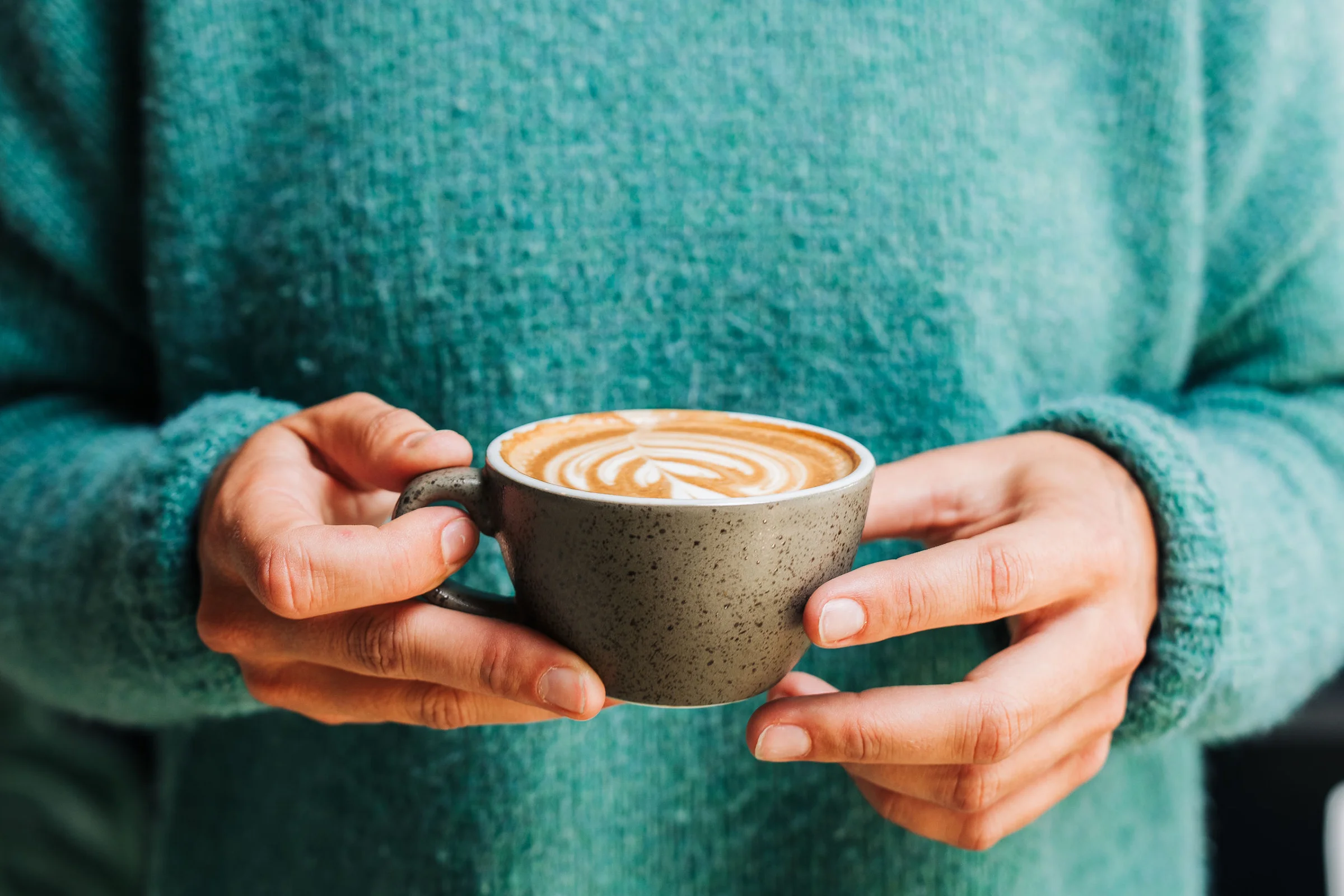
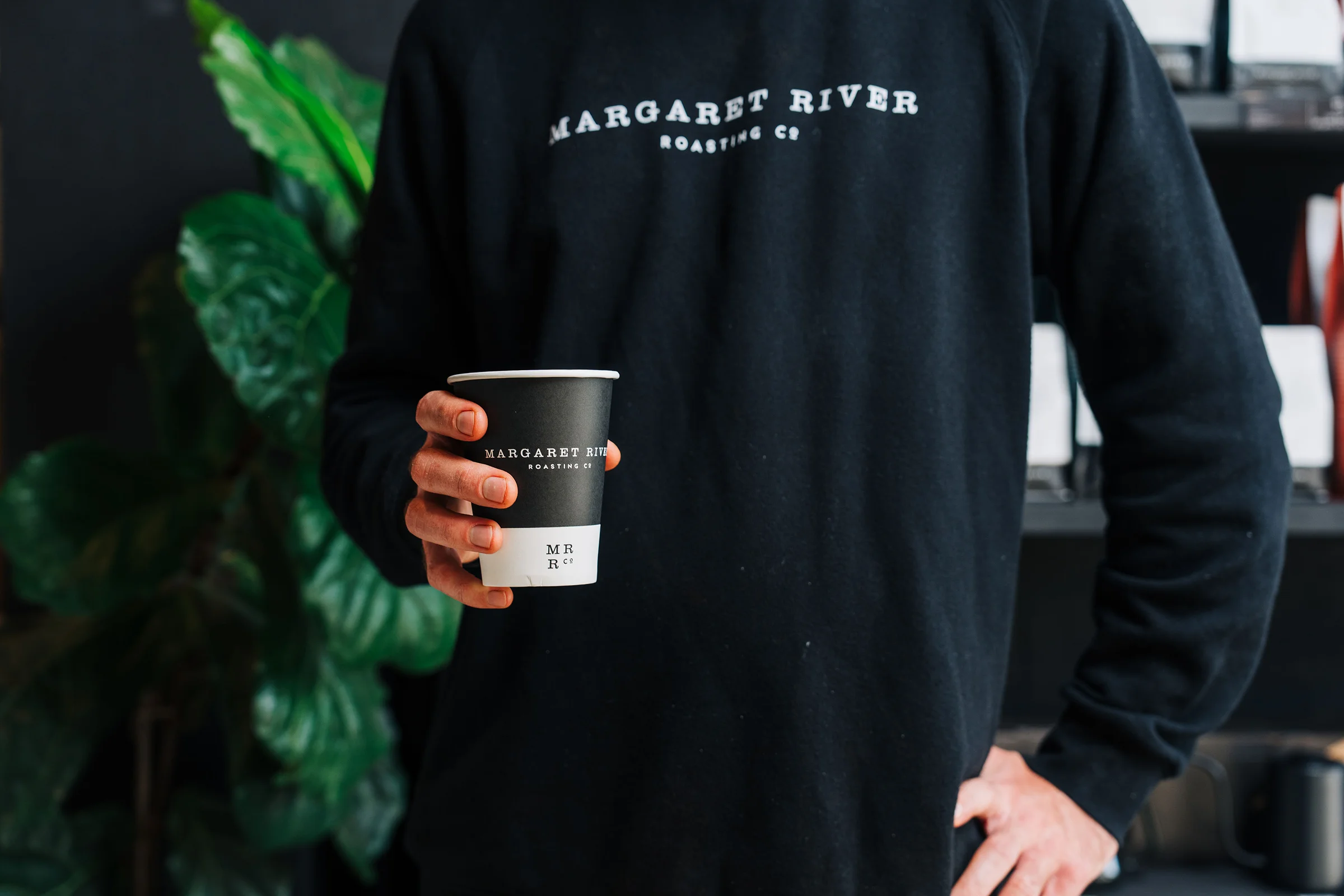
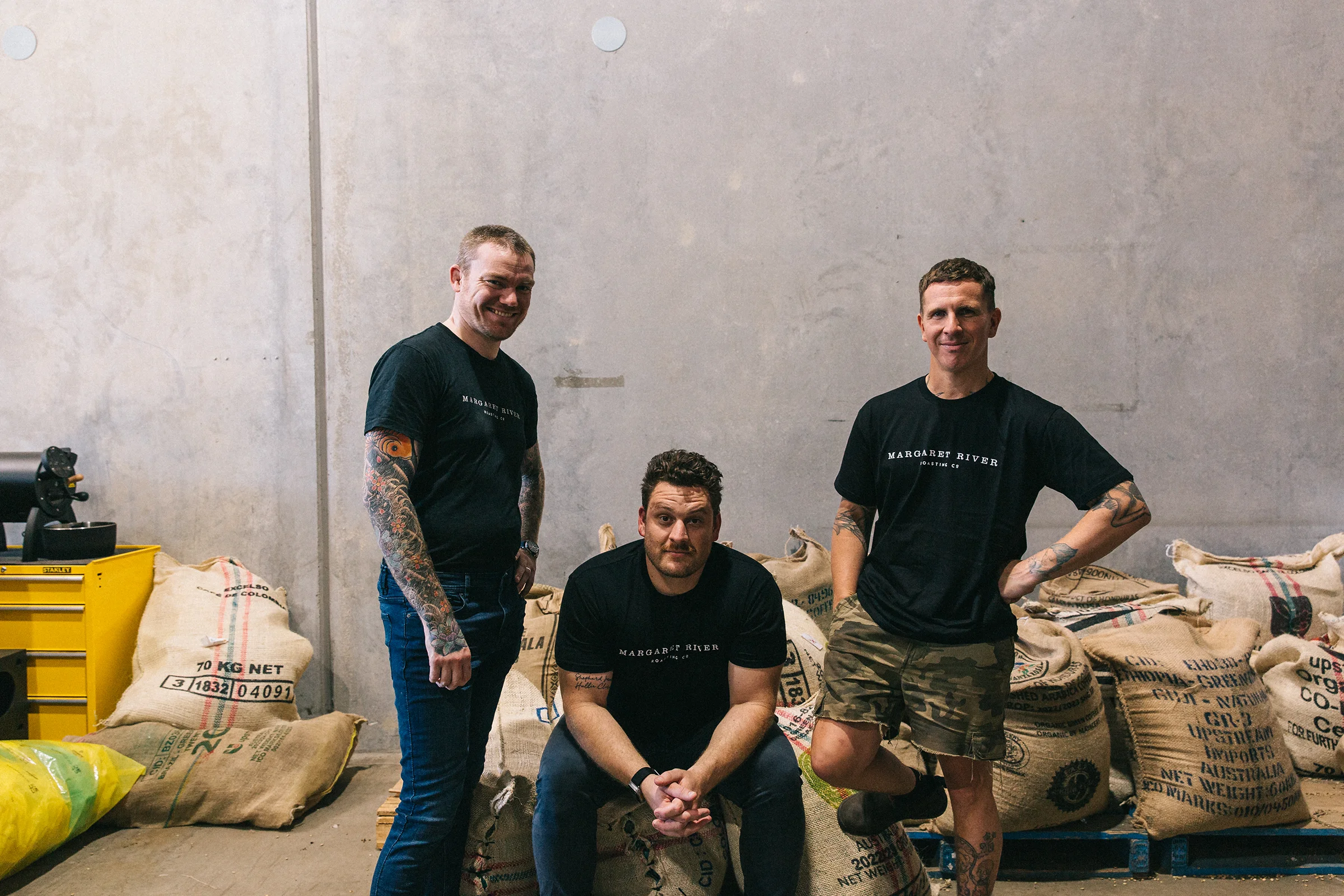
Melissa Leong:
Look, we’ve brought in Donato Toce and Nick Palumbo of the iconic Gelato Messina because their brand has been where you guys have been and there are some really interesting parallels between both businesses. Guys, thank you so much for being here.
Donato Toce:
Pleasure.
Nick Palumbo:
You’re welcome.
Melissa Leong:
For those of you who don’t know, and I can’t imagine that there are many of you, Gelato Messina is beloved Australia over for its gelato with a creative twist courtesy of Donato, the taste-maker. Donato, Messina’s reach is extraordinary. There are shops all over Australia, even Hong Kong, and now Woolworths. Are we allowed to talk about that? Does it ever blow your mind when you see your work absolutely everywhere and beloved by Australia?
Donato Toce:
Totally. It’s actually sometimes very surreal. I still think to the early days of Darlo and just that one store, and it hasn’t sunk in yet to see 32 stores and Hong Kong and be able to taste the same product everywhere. I don’t think I’ve had anything to do with it.
Melissa Leong:
Look, you are one of the most humble people I know and I know that even though things expand the way that they do, you’re just like, “Oh, I don’t know if I feel like I’ve made it yet.” I’m here to tell you you’ve made it.
Donato Toce:
There’s a whole group of us that push it forward.
Melissa Leong:
Tell us what it was like going from opening doors to realizing that there was a much bigger proposition at hand for you should you wish to choose to do that.
Nick Palumbo:
There’s two Messinas, right? There was the original one where we had a whole group of partners. A lot of them were just financial partners, not working partners and the motivations were completely different. And I think we got to about six or seven stores, and then I got completely diluted and became just a manufacturer and virtually got kicked out of the retail part of the business because they thought there was a conflict of interest. And so what happened was it fell in other hands in terms of management.
I still had a small share of the retail business, and that lasted for about 16 months and they drove the business to the ground, again, because the motivations were completely different. And that’s how I was able to get back the retail part of the business. And this time, version two, this happened really quickly. Version two was me just basically starting from the ground up and probably working 80 to 90 hours a week, if not longer. And then just built it and built it and built it, and then recognizing people’s talents like this guy and asked him to come on board and become a partner. And we worked in the kitchen together for what, three years?
Donato Toce:
Mm-hmm.
Nick Palumbo:
In literally 12 square meters. It was like dancing. There was no room.
Donato Toce:
It was interesting.
Nick Palumbo:
We wouldn’t even bump into each other.
Isaac Kara:
Really intrigued to hear about that first leapfrog to stepping it up to that next level. What happened? What was the catalyst for that change? And then how you facilitated that growth?
Nick Palumbo:
The first incarnation of Messina, we were manufacturing the product centrally turning it into a gelato and then shipping that gelato to stores. And it was always a disaster. The quality was always terrible because you’re shipping a frozen product. So when I took back the original store in Darlinghurst, we were kind of landlocked for a couple of years because we thought, “Well, it’s only going to be one store.” The reason why we then decided we could expand was because we figured out, “Okay, what we’ll do is we will make the base centrally and all the inclusions that go into that, but then instead of shipping a finished product, we would ship that mix to stores and then each store would then convert that fresh into a gelato.”
Two defining things that have made Messina what it is, and again, it’s really obvious now and everyone does it, but at the time, no one was doing it, was putting the churner on show so the customers could see the product being made, and far and away, the genius of having five specials because we’re restaurant background. So we ran the ice cream or the gelato business from a restaurant perspective. My brother came in and he was doing all the front of house and he goes, “Wouldn’t it be cool to do some specials every week and we just do a specials board?” And that’s when we started calling them silly names.

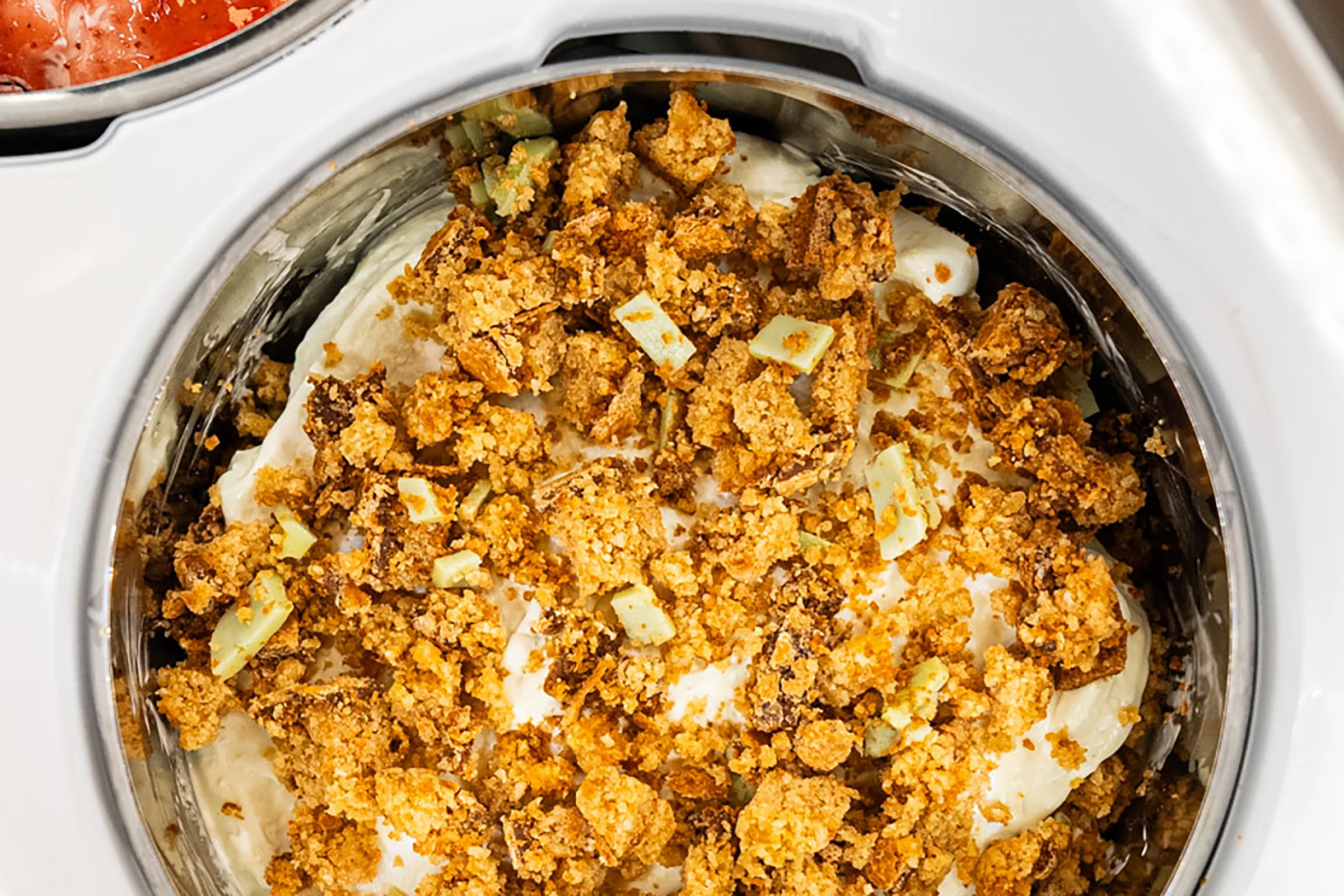
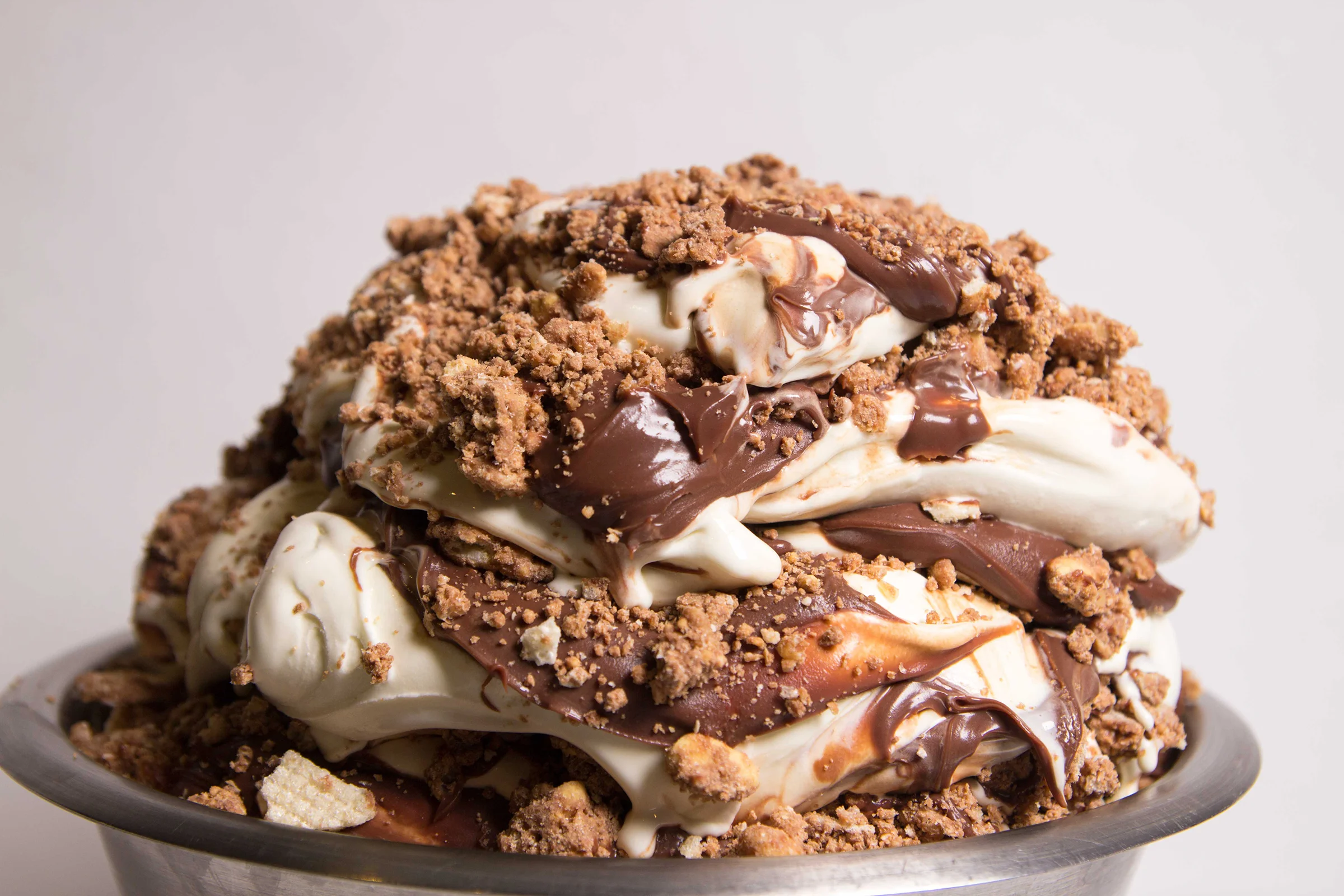
Melissa Leong:
The weekly specials of ice cream flavors, which are fun names like Robert Brownie Jr are arguably Messina’s USP on the Aussie gelato market. USP is a unique selling proposition. What makes the idea to have specials so clever is that this point of difference is highly visible to customers. It doesn’t rely on selling something subjective like having the best tasting product.
Nick Palumbo:
At the same time, social media just hit the scene and it was our brand and what we were doing. It was social media, Facebook at the time, it was perfect for us. Just that convergence of all those things is what made the brand what it is today.
Melissa Leong:
Stay with us, we’ll hear the unconventional way Margaret River Roasting is trying to boost its direct to consumer sales.
This podcast is thanks to Square. Square’s magic goes beyond just taking payments. It’s your point of sale, digital tickets, online orders and reporting all in one. If you’d like to see some more examples of businesses overcoming these and other issues, head to Square’s publication, The Bottom Line at square.com/get/thebottomline.
On the subject of building brand identity, James and Isaac, we’ve heard a little bit about your plans to launch a behind-the-scenes YouTube series on your team. Can you tell us a bit more about that and the rationale behind it?
James Tischhauser:
I’ve got a background, studied advertising, marketing, have done a lot of behind-the-scenes stuff with film and I just find that such a fascinating form of content. And so we just thought, “You know what? Both of us don’t love being in front of the camera.” But I think it was us having to drop our personal ego of going, “Oh, that’s not cool.” And especially in Australia, we’re not walking down the streets with our GoPros like the US do and, “What up guys? This is the life in San Diego.” We don’t have… People are going to rip into us in a small country town like, “What are you guys doing?”
Nick Palumbo:
Wanker.
James Tischhauser:
You’re having to learn to go, “No, this is building something that I think is beautiful.” And it’s the same the boys get with the goosebumps. We have a beautiful product. So we’ve been talking about this for a few years, but it was just trying to convince accounts, our accountant to justify, have a full-time videographer. But I was like, “We need to strip this down. I think we need to show a bit of vulnerability.”
And I think with vulnerability, we’ll hopefully open the doors to people going, “Oh, these guys are human. They’re going through the same issues.” And unfortunately, on YouTube and other platforms like that, you want to see the chaos, you want to see a little bit of, “What’s going on? Oh, do they survive? Do they not?” Yeah, it’s just a chance behind the scenes because there’s so much that happens and we go, “Gosh, if anyone knew that this guy broke his leg and our roasting machine just literally blew up and it was on flames,” they’re the kind of stuff that I think people want to see.
Nick Palumbo:
The reality of business, the reality of business.
Isaac Kara:
The chaos that is running a small business. You boys would definitely know the first periods where you’ve got a core team and you’re growing and expanding, every day there’s a new challenge that pops up, you’re like, “Oh, my God, how do I put out that fire and that fire and that fire?” Part of the justification was that, “Hey, this will grow our direct-to-consumer market tenfold.”
Melissa Leong:
The boys are launching a bold branded marketing series. Something to consider as they create videos is to stay true to Margaret River’s brand personality. If you want to nail down your brand’s personality, Boost Juice founder, Janine Allis, recommends businesses use the brand archetypes model as a guide.
Janine Allis:
So because of your name, you could go, “Okay, my brand archetype is the joker.” So then by knowing that, every time you do a marketing campaign or marketing, it has to… What’s my personality? So you bring your brand to life.
Melissa Leong:
Yeah, I think the reality of vulnerability and showing a personality and a brand personality as well is a way to connect with customers, and I think Messina have done that superlatively over the years. So let’s talk about marketing and brand personalities. On the Messina side of things, if Messina were a person, who would that person be? Could you describe them as a human?
Donato Toce:
Well, for me, the way I see it is that Messina is her own person. She, he, Whatever you want to call her is-
Nick Palumbo:
They/them.
Donato Toce:
They/them is-
Nick Palumbo:
An honest mate.
Donato Toce:
Yeah, just someone who’s just super chill.
Nick Palumbo:
We’re not curing cancer.
Donato Toce:
No.
Nick Palumbo:
The goal is to make people happy when they come into the store.
Donato Toce:
That is it.
Nick Palumbo:
That’s it, right?
Donato Toce:
That’s it.
Nick Palumbo:
And sometimes as businesses, we try to over complicate, we try to think that people want more stuff from us and we’ve tried so many things over the years.
Donato Toce:
Oh, my God.
Nick Palumbo:
And they’ve been spectacular failures. They’re amazing for about 15 minutes and everyone’s talking about it and it’s great, and then everyone just goes back to ordering a scoop of gelato and that’s it.
Isaac Kara:
Can I just say from a punter, an outsider, it’s awesome to hear someone as established as you say, “Hey, we’re just making gelato.” You’re exactly right. I feel like everyone’s trying to, I don’t know, push some propaganda, but to hear you just like, “Hey, we just want to make your day better by serving you wicked food.”
Donato Toce:
The most important thing is because we are a treat and generally you come out of your way for us, it’s part of the mindset that we need to make it as best as we can.
James Tischhauser:
I think we can definitely relate.
Isaac Kara:
100%.
James Tischhauser:
Coffee is a very important thing for most people to survive, literally, number one legal drug going around, high five. For us to have a bad cup of coffee, we relate that as well when we hear that message come through. And firstly, for so many years I used to point the finger at the cafe because I had no control. It’s like, “We roasted it perfectly, it’s not our job.” But that then turned to going, “Well, you know what? When was the last time we trained with that team? We made sure that 16-year-old behind the machine understood how to froth the milk?” Because we can only do so much. But it was a reminder of that as well. We want to provide the best cup of coffee.
Melissa Leong:
Any wholesale business like Margaret River Roasting Co will come up against the same challenge: how to manage the quality and reputation of their product when there’s another set of hands between them and the end customer? James and Isaac manage this issue by providing quality equipment and training to their clients. Margaret River Roasting Company’s predominantly a wholesale business with a cafe at the home base. Can you tell me about the cafe’s function for you?
Isaac Kara:
I think there’s a real value to humanizing your company. One of our main ethos is good coffee for good people. Our goal by building that cafe was to showcase that. So not only the product but showcase, “Hey, the people that work here are amazing, we love them and vice versa.”
Melissa Leong:
As you expand and you take on more clients, do you worry about the consistency of your reputation, the quality of your beans?
James Tischhauser:
Yeah, I think that’s a really good point. That’s something that we do battle with is wanting to grow but then trying to keep special to… Especially down here, there’s towns where if we’re in one cafe and then we go into another, then straight away the other is like, “Oh, we don’t feel special anymore. We want to be the main one.” And so it’s a really hard balance to go, “Hey, we’re trying to grow.”
Melissa Leong:
Then you’re like, “Buy all the beans then.”
James Tischhauser:
Then buy all the beans. Yeah, exactly. So it’s a real hard one and because coffee, I feel, in a cafe sense, it’s a prominent product.
Isaac Kara:
As well. Just can I just say, massive Messina fanboy over here, by the way.
Melissa Leong:
See Donato blushing.
Isaac Kara:
Love it. You give it to someone, they scoop it, wicked. It’s an amazing experience. The issue we face, especially where we are, is that we give our finished product that we’re super proud of to someone, and then they have to then craft it into something amazing for someone else. And that for me is… I was the original roaster here.
I’m a coffee nerd at heart. That was really hard to deal with and wrap my head around the fact that I put all of my love and energy into this product to then hand it over to someone and go, “Just please, please do your best.” And I still grapple with that today. It’s really difficult.
Nick Palumbo:
Yeah. That’s the reason why we’re not franchised and we don’t do wholesale.
Donato Toce:
The way we formulate our product isn’t based on overrun and shelf life and the transport. For us, our product is formulated for one thing, and it’s flavor. Building it on flavor actually makes the product super, super delicate. So that is the one reason why we don’t do wholesale. One is because there’s bugger-all in wholesale for us, but two, if someone leaves the freezer at the wrong temperature, the quality’s stuffed.
Nick Palumbo:
They’re not going to throw it out. They’ve got a business to run. So if they destroy your product, they’re going to sell it and then if it’s branded Messina, it’s a reflection on the brand. And so that’s why we really became quite obsessive, from milking our own cows and owning the dairy farm all the way to, “It’s our staff that are serving it to the customer, from milk to finished scoop.”
Donato Toce:
From cow to cone.
Nick Palumbo:
Wow.
Melissa Leong:
Move over Paddock to Plate. It’s cow to cone over here.
Nick Palumbo:
Cow to cone.
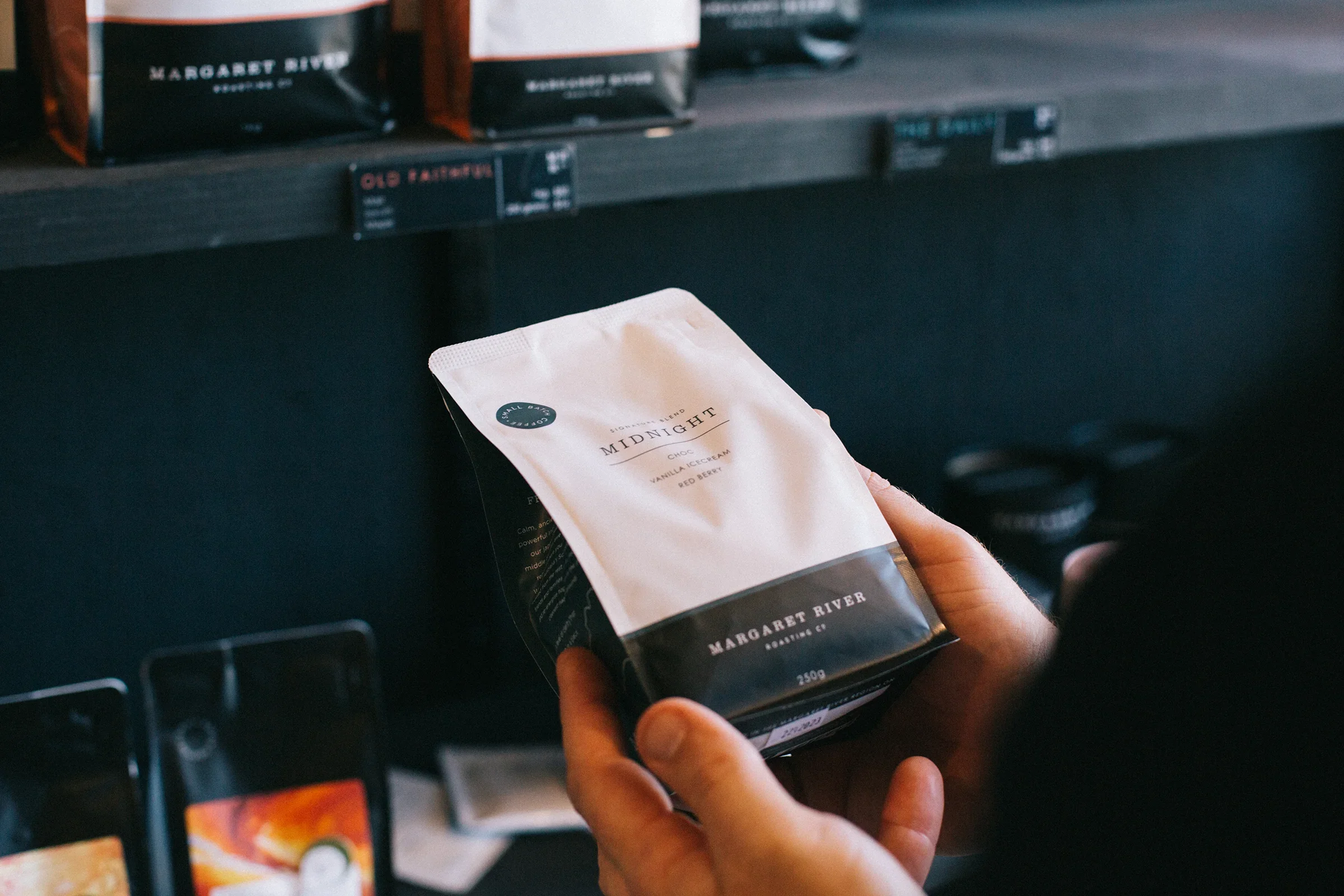
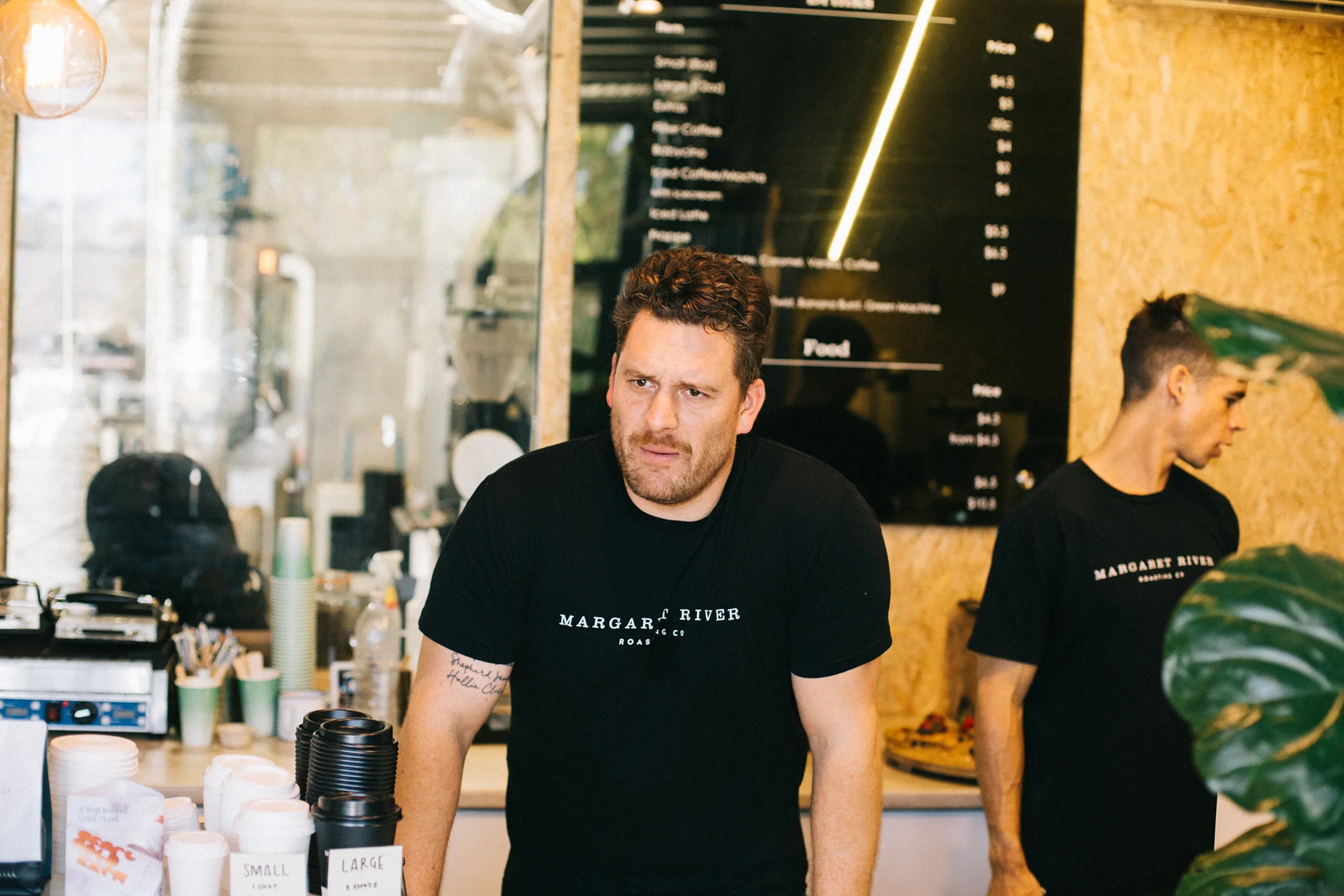
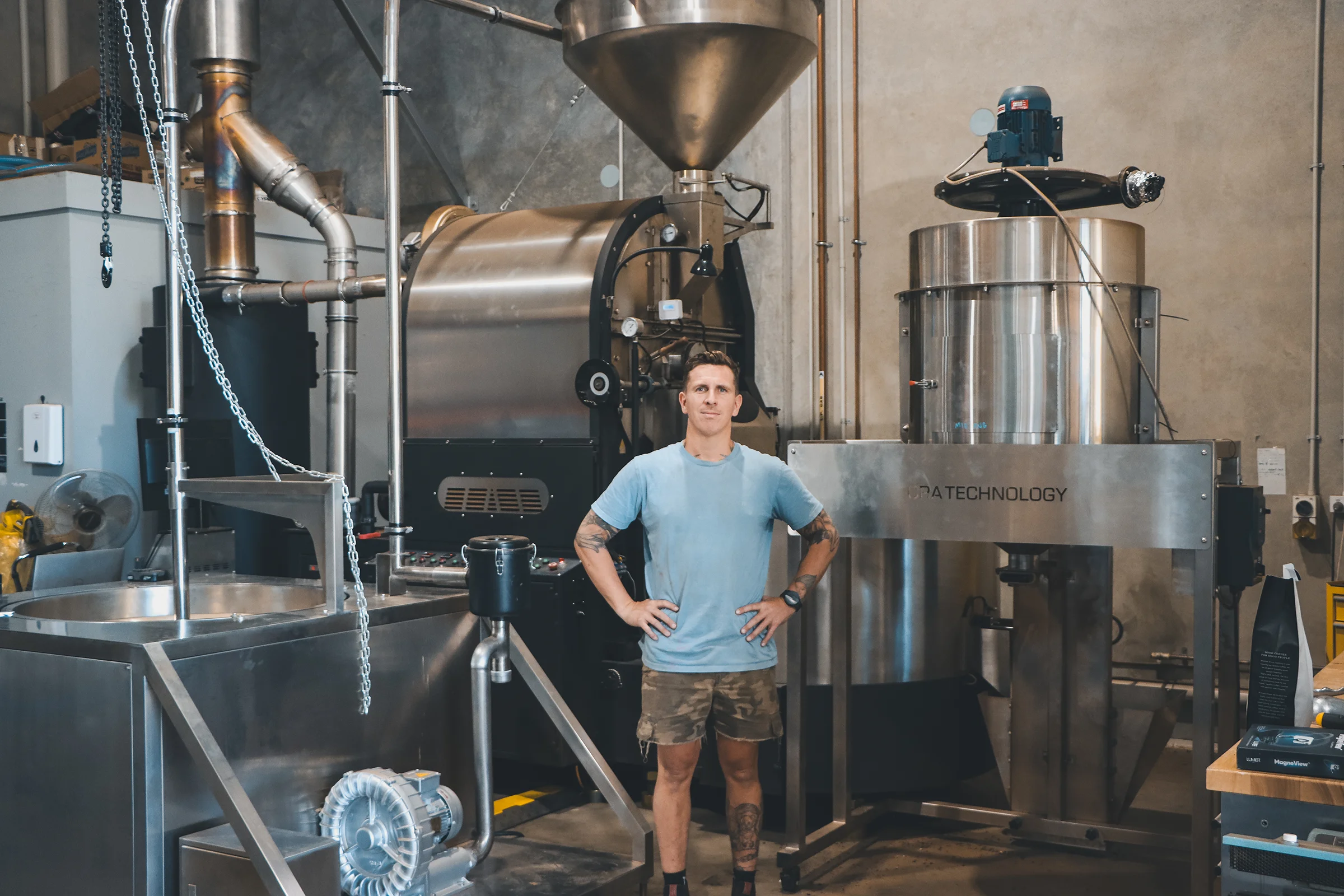
Melissa Leong:
Nick, you’re mentioning that entrance into wholesale and then the retreat from stocking to other businesses and now you’ve just done a huge deal with Woolworths. You’re selling in 800 stores. That’s no mean feat. Can you talk us through that evolution of wholesale business and the timing of those big moves within Messina?
Nick Palumbo:
Messina, it was two-pronged. It was grocery for Coles and Woolies in a product called Gelativo, which is still available. And then there was Gelato Messina as a retail store. We parted ways. My then business partner, he took the grocery business, the Gelativo brand, and I took the Gelato Messina brand and we split. I swore I would never get back into that space ever again, precisely because I wanted to control the process all the way.
Over the years, both Coles and Woolies have been saying, “Listen, we want a product, we want a product.” And it’s just been a flat out, no. This time round is slightly different. The Woolworths team came out to see us, but in a fun way, we just said, “Guys, glad you’re here, happy to show you around, but you’re dreaming. There’s no way we’re going to be involved with you guys.”
Melissa Leong:
You wanted to test them a bit.
Nick Palumbo:
Right. It was a fun, robust… And then once I finished my rant about-
Donato Toce:
Grocery.
Nick Palumbo:
… grocery and how evil you guys are and I don’t want anything to do with you guys, what did you say? You used to look at me. He goes like, “Are you finished? Can I speak now?” The head buyer for Woolies, just explained, “Listen, this is how it works. If you give us an exclusive, we’ll nurture it, we’ll look after it, blah, blah, blah. If you then decide to go to the market in general, well then, yeah, we’re going to treat you like any other brand.”
And so that’s how this whole thing was born. And for us, the biggest thing was we wanted to make sure the quality was of a certain standard and at the price points that they go at, that was impossible. And so when they came back to us and said, “Look, we’re doing an RRP of around about $14 for half a liter,” which is crazy in that space. It’s really expensive. It’s like Ben & Jerry’s and Häagen-Dazs pricing.
That enabled us then to develop a product that we would be proud of. We don’t make the finished product. It’s contract manufactured ironically by my ex-business partner for the Gelativo brand. Hadn’t spoken in 10 years and then just got on the phone and said, “Hey, how you doing?” It all worked for everybody. It was perfect timing.
Melissa Leong:
It’s come full circle. Businesses dedicate whole teams to build relationships and strategies to score space on the shelves of major Aussie supermarkets, but these deals are not created equally. Messina waited for the right time and landed an exclusive contract on terms they know will protect their gelato’s integrity. Do you also have aspirations for a supermarket dream deal like the boys at Messina?
Isaac Kara:
A couple years ago, definitely.
James Tischhauser:
Yeah.
Isaac Kara:
But now, at least in our experience, what they offer you, you’re making no money, your product’s getting devalued 90% of the time. You put your coffee into, say, Coles. You’re going to sell that coffee dirt cheap. They’re going to then keep it on the shelf for two months, give it a year use-by date. The consumer’s getting the worst possible experience of your product available.
James Tischhauser:
I’d love to get more coffee out, for sure, but there is that fear of if it’s in there, what will our cafes that work with us think? Will we be not specialty anymore?
Melissa Leong:
This is why I asked the question is because Messina is known for having a marque of high quality as a brand, and choosing to go into that retail space, you’ve gone in with uncompromising quality.
Isaac Kara:
I think for me though, there’s two things you said just before. One, you’ve put in the legwork, you’re a trusted, reputable brand already. I don’t believe that we, at least nationally, are there yet. I think locally, 100%. In WA, 100%. Any further than that, I don’t think we’re big enough, we’ve earned the right to be in everyone’s faces on a Woolworths or Coles shelf.
Melissa Leong:
Isaac is showing something quite aspirational, restraint and perspective. This leadership style could help his business dodge major issues that some fall into when they try to scale up at speed. Award-winning hospo venue owner, Luke Whearty, agrees that slow and steady wins the race.
Luke Whearty:
I get asked a lot about what I do. And we do a lot of different things and we’re fortunate enough to be able to do a lot of different things that aren’t probably the norm. And I get asked the question, “How do you do this? How do you do that and whatever?” And my answer, and I always say it, I’m like, “The answer I’m going to give you is not one that you’re going to like, and it’s basically hard work for 20 years.”
Nick Palumbo:
I, in a former life, used to be a wholesaler as well, right? It’s a grind. And the thing is you’re never in control of the finished product. That’s the thing that for me has always been the hardest thing regarding wholesale is not having that ability. Some dude changes the grinder setting on a Monday because he just thinks that that’s the right thing to do and it’s destroyed the coffee for the next two days, right?
James Tischhauser:
It’s our fault.
Nick Palumbo:
Yeah, of course. Of course it’s your fault. Of course it’s your fault. You can do a beautiful job and create a brand where you’re in control of it as opposed to just, “Please, sir, buy my beans.”
Isaac Kara:
Yeah, 100%. What we’re starting to realize more and more now is that with the margins so slim in wholesale, it’s a given-
Nick Palumbo:
There’s no point.
Isaac Kara:
… that we have to open more cafes, we have to start growing green beans down here, we have to control the supply chain.
Nick Palumbo:
100%. There’s lots of ways to do it and to free yourselves from the shackles of having to go to people in that grind of constantly trying to convince them to buy your beans. And like you guys mentioned before, coffee is uniquely… Once a cafe is using a bean, it’s really, really hard to convince them to change to somebody else no matter how good you are.
Melissa Leong:
Square’s head of business development, Colin Birney, says the current economic conditions are squeezing businesses.
Colin Birney:
We’re very supportive of helping education and for sellers to maybe undertake more of that, to help consumers understand that the cost of doing business is significantly increased and there’s a benefit to us all, I think, in doing that.
Melissa Leong:
A strength of Margaret River Roasting is that you’ve been acknowledged as being an environmentally sustainable business in WA. When you’re talking about differentiating your beans from other people’s beans, do you advertise the ethical considerations within your business?
Isaac Kara:
On the bean front, I’m going to be honest, not as much. We do organic fair trade beans as well, but the issue that a lot of the time you face on the bean side is that that means nothing regarding quality. So unfortunately, sometimes those fair trade organics will taste nowhere near as good as some of the other beans, which aren’t labeled as fair trade and organic. But you literally know the family that own the farm. You know that it’s their family that are in the dirt picking the cherries. You know it’s fair trade, but they don’t have the cash to pay for the little labels, so it’s a real tricky space in our industry.
Nick Palumbo:
Same with us. Same with us.
Donato Toce:
Exactly the same with us.
Nick Palumbo:
Same with us.
Isaac Kara:
You get an amazing product, amazing crew.
Nick Palumbo:
Our farm is not organic, right? We’re not labeled organic, but it’s no-till, milk them once a day, don’t feed them grain.
Donato Toce:
When we bought our dairy in 2015, we thought that the world was going to go crazy at the fact that we now milk our own cows. No one gave a flying fuck.
Nick Palumbo:
No one cares. No one cares. So now I’m going to get a bit of… Now the Sicilian’s going to come out of me.
Melissa Leong:
Be as Sicilian as you want to be right now, Nick.
Nick Palumbo:
Right. Yeah, because the thing that is really annoying is we always talk about your sustainability and this and that and whatever, and customers always… at the moment, everyone’s going mental about the foam containers and this and that. So we go and we spend all this money with a guy down in Melbourne to make these foam containers that they are fully recyclable. All you need to do is bring them back to the store and then we ship them to Melbourne and then they turn them into foam pallets. How many of you think we send back to Melbourne?
Melissa Leong:
Goose egg.
Nick Palumbo:
Zero. No one brings them back, but online, everyone’s so concerned about polystyrene. It just drives me insane. Drives me insane.
Isaac Kara:
I love that you guys still encounter that.
Nick Palumbo:
I’m 55 now so I can be a bit more…
Donato Toce:
He’s turning into the guy. Just ignore him. Don’t worry about him. He’s just fine.
Nick Palumbo:
Just ignore me.
Donato Toce:
But it’s the same deal with our farm. Our farm manager, who’s also one of our business partners, he busts his arse on that farm, at 4:00 AM watering, flies. It’s the least glamorous job in the entire business, and no one cares.
Nick Palumbo:
No one cares. We post something on the farms and there’s, “Oh, that’s cute, that’s nice, whatever.”
Donato Toce:
When are you going to stop using milk?
Nick Palumbo:
1,000 likes or whatever, and then we go and post fairy bread and it sets the internet on fire. Really? Fairy bread’s what’s doing it for you?
Melissa Leong:
Sustainability. Ethical concerns are one thing. Walking the walk is an amazing thing and it’s great that you guys just do it.
Nick Palumbo:
It is the right thing to do. I’m not saying we should not do those things. It’s just the perception is that all your customers want you to do that, and the reality is it’s not true at all.
Donato Toce:
There are many things that I’m proud of, but the farm is super proud. I remember Nick and I made the first batch using our milk on the farm. It was literally the week that we got handover on the farm and got the herd in, we bought a little ice cream churner down with us and all the powders and we made our first batch at the farm, and for us that was this… Honestly, it’s given me goosebumps now thinking about it.
At the end of the day, if the customers don’t care that the milk is from the farm and it’s all of that, at the end of the day we care. It goes back to one thing. We run this knowing that our kids are going to take over and we run it with heart and we think about the customers first.
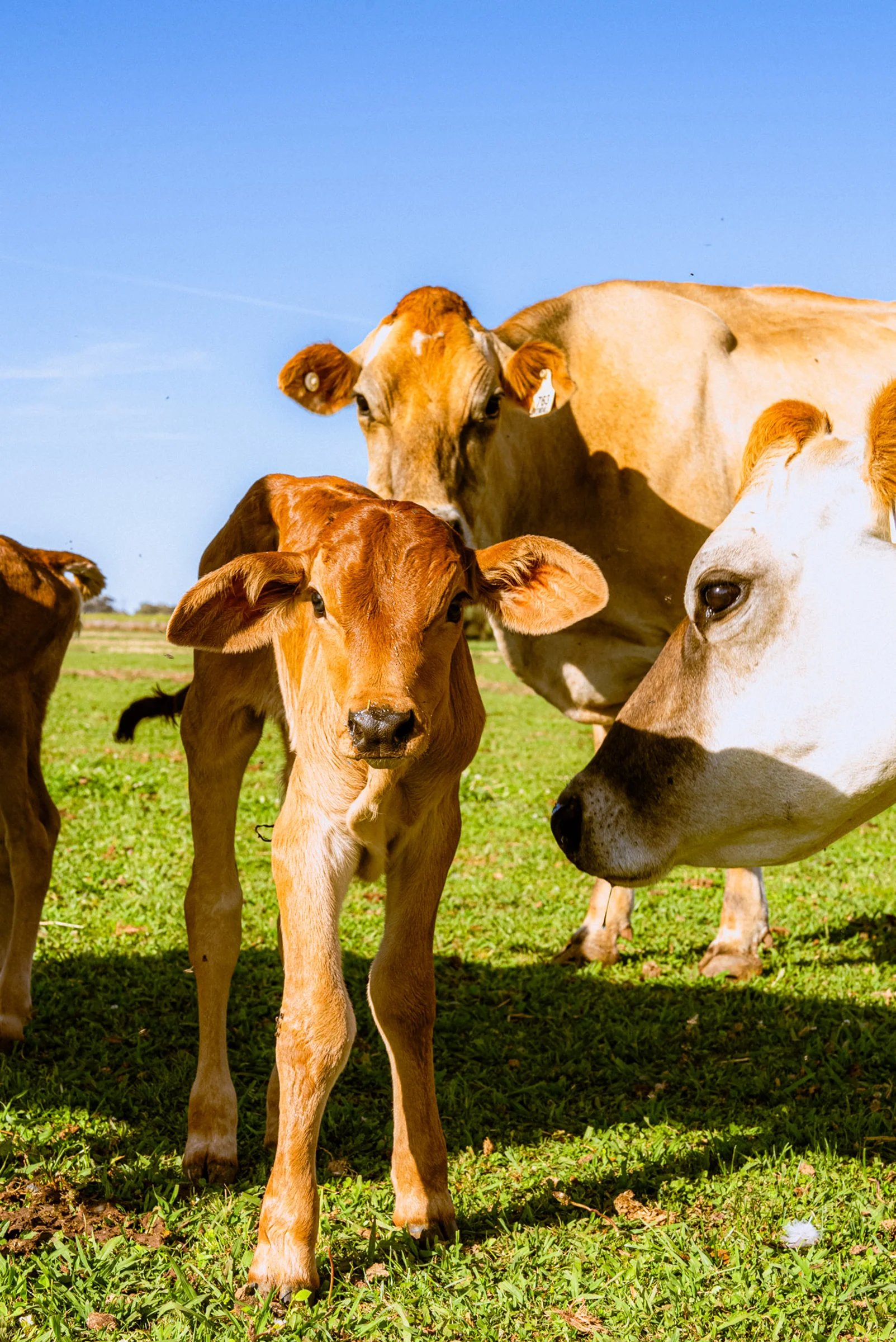
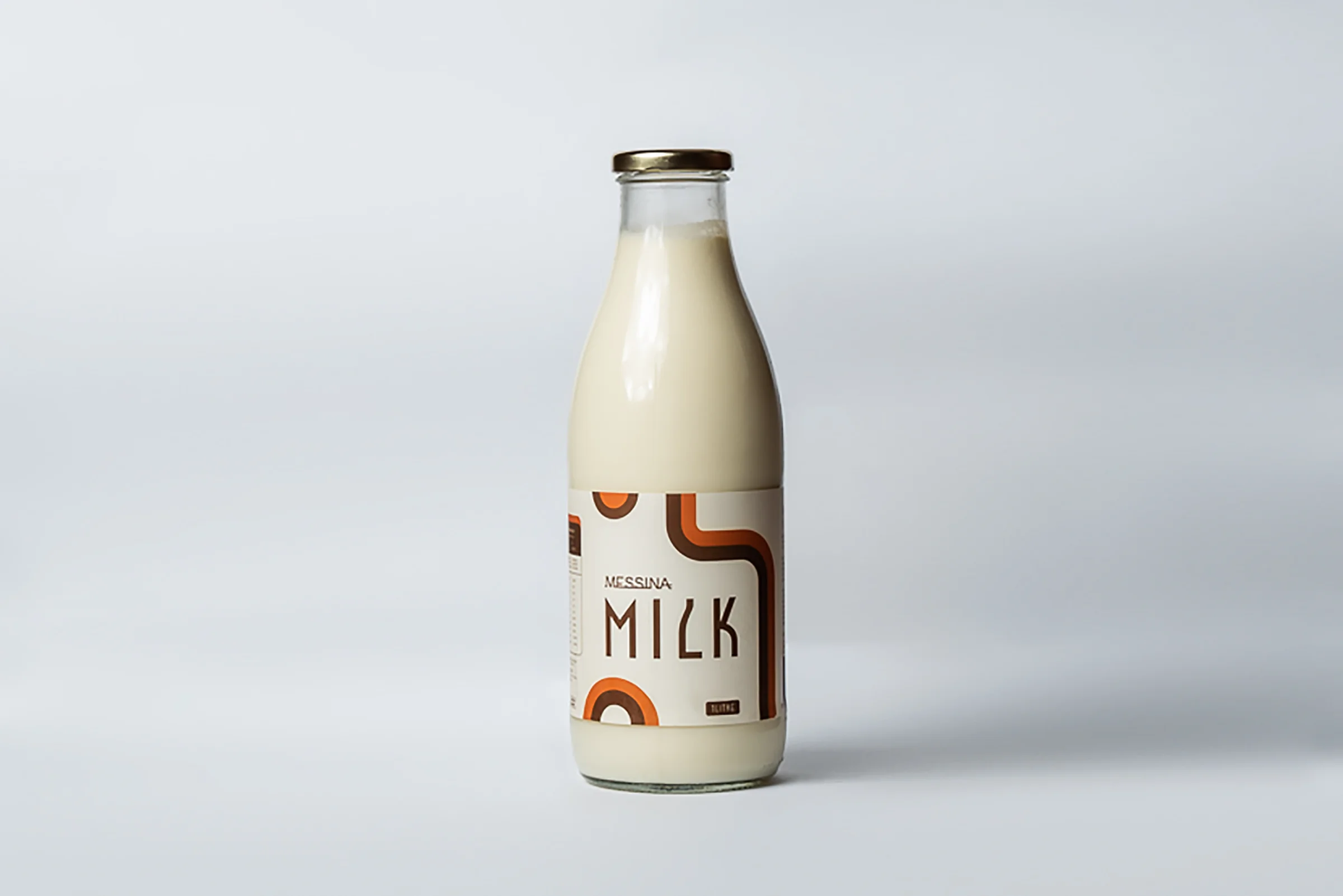
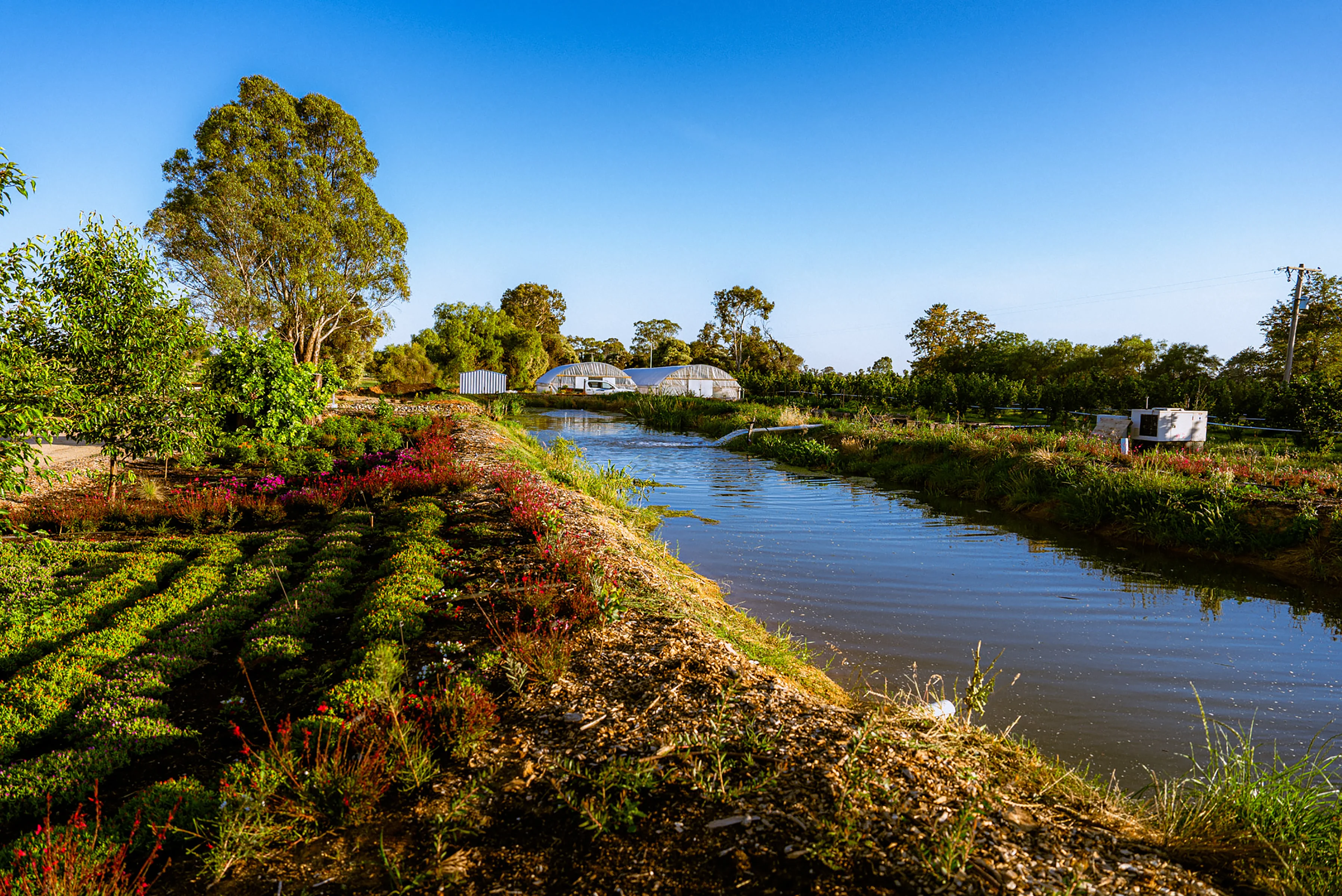
Isaac Kara:
I’m not just saying this, you guys, I feel like you’re like us, but just older and probably wiser.
Donato Toce:
I wouldn’t say we’re wiser.
Nick Palumbo:
Older, definitely wiser. I’m not sure.
James Tischhauser:
Whoever the Coolroom Confessional team picked these two guys, I’m literally going, “Is that the intent?” Maybe I’ll go with eight years. These guys, the whole exit strategy thing, we have six kids between the two of us and we’re like, “That’s our future.” I just see my children becoming that.
Isaac Kara:
We love what we do. Why would we want to exit?
James Tischhauser:
We go on instinct. Yeah. Literally everything you say, I’m like, “Oh, okay. That’s so refreshing to hear people that are crushing it, that that is possible that you don’t need to have this plan.”
Donato Toce:
If you’ve got a plan B, your business is going to fail.
Melissa Leong:
Fake it till you make it.
Donato Toce:
Because Messina should have been broke twice. It sent me to the wall twice, right? There was no plan B. Plan B for me was going back to making coffees in a cafe, and that as sure as shit was not going to happen. No offense about guys that made coffee, right?
Melissa Leong:
I love what you’re saying about good coffee for good people. Although the strapline, “Coffee for dickheads,” it’s in my head now.
Donato Toce:
We had someone doing our marketing for us who’s in this room as well. Yeah, remember that. Remember that. Who was that?
Melissa Leong:
Oh, I wasn’t going to bring it up in this conversation. So Isaac and James, I don’t know if anyone’s told you that I used to do the marketing for Messina.
Isaac Kara:
In fact, you were our first one, right?
Melissa Leong:
Yeah. James and Isaac from Margaret River Roasting Company, and Donato and Nick from Gelato Messina, I want to thank you all. It was a chaotic, far-ranging conversation, but a lot of really amazing insight and a lot of heart as well, which I really appreciate, so thank you so much.
Donato Toce:
Thank you, Melissa.
James Tischhauser:
Thanks, Melissa.
Melissa Leong:
If you’d like to see some more examples of businesses overcoming these and other issues, head to Square’s publication, The Bottom Line at square.com/get/thebottomline. Coming up next on Coolroom Confessional.
Reynold Poernomo:
I’ll be honest, the first day that we opened, I looked at our cakes. I’m just like, “Wow, this is really underwhelming.”
Ade Adeniyi:
You’re going to want this because it’s unique. It’s the only one in the entire city, and then they were just like, “No, we’re good. We didn’t ask for this. Take it back where you came from.”
Melissa Leong:
This podcast is thanks to Square. Hospitality has enough on their plate, Square builds business tools that help hospo businesses like yours run smoothly. It’s more than just payments. From table layouts to a digital ticket system for your kitchen, it’s all integrated and it all talks to each other because service still matters.
Find out more at square.com/my/service. We are proudly supported by American Express. Whether you’re baking bread at sunrise or serving drinks into the night, American Express has your back. As a Square seller, you pay one low rate to accept all major cards, including American Express, and you can order complimentary signage to attract more customers directly to your door at amexpop.com/square.
![]()



